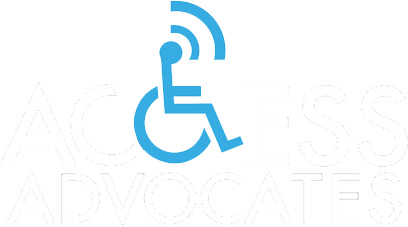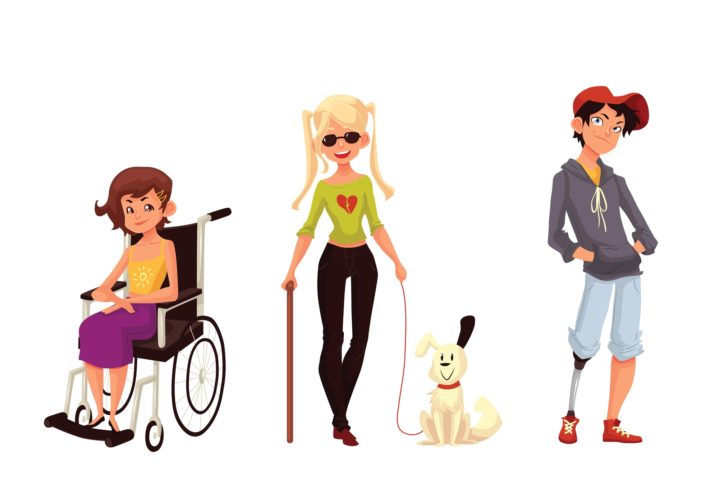We tend to focus our blog entries on actual ADA compliance and accessibility issues. However, after reading an article on TheMighty.com, a source for information about the issues facing those with disabilities and illnesses, we were moved to broaden our scope in today’s post. Before you read further, watch this Facebook video. But be warned, you will cry.
“She has a leg like me!” This young girl’s moving and emotional video has been seen over 37 Million times. Nonetheless, we recommend you share it with as many friends and family as you possibly can. Moreover, we ask that you support those companies who work to make people with disabilities more visible.
Toys, like the American Doll in the video, that depict people with prosthetics, in wheelchairs, or in any way challenged helps make people with disabilities visible, and with visibility comes greater acceptance and compliance with laws like the ADA. A person is less likely to discriminate against any minority group the more they are educated and can empathize. Therefore, acceptance becomes less of a legal obligation, and more a deeply held moral conviction.
As Athena Stevens writes, “Children need toys that reflect themselves and the diversity of the world around them. Toys teach children from a very young age what ‘normal’ is.” Moreover, “When you make a doll that goes beyond the traditional blonde hair, blue eyes, standard Barbie-like proportions, and create something a child actually can relate to, it tells the child I see you, you are important, you were worth breaking the mould for.”
However, these “toys with disabilities” do more than make a child feel normal, which is very important. It also teaches all children (and adults) that people with disabilities are just like everyone else. We can raise a generation in which noncompliance with the ADA is culturally and morally unacceptable.
If you would like to talk more about ADA compliance, or need more information, please contact us.

